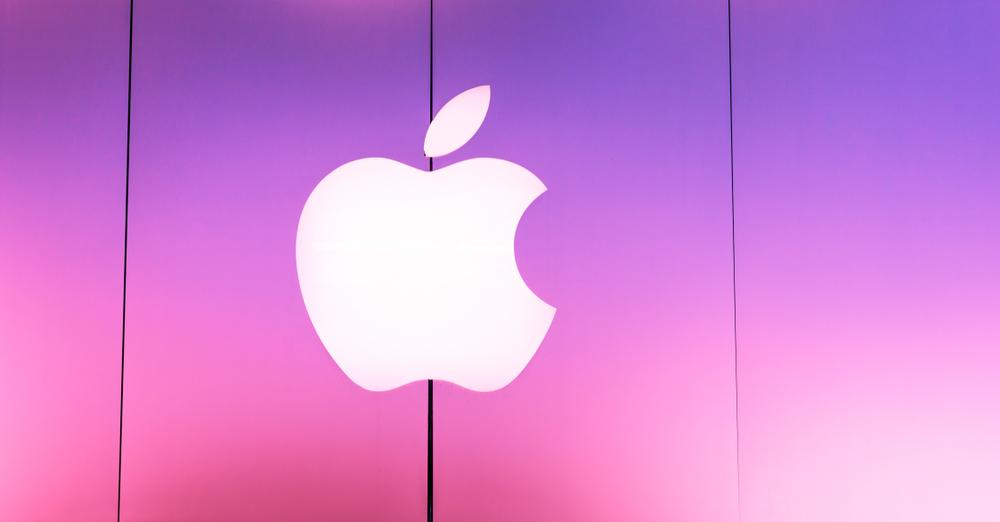Another day brings another multi-billion dollar regulatory fine from Europe that is unlikely to dent the balance sheet of a tech giant. However, this time, the European Commission’s $2 billion fine against Apple (AAPL) signifies the end of a confusing era and the beginning of a new phase where competition watchdogs might be quicker and more efficient at policing Silicon Valley’s largest companies.
The game-changer is a new law called the Digital Markets Act (DMA), coming into effect this Wednesday, March 6. Six firms designated as “gatekeepers” will have to comply with its 22 stipulated rules. Apple’s case is a prime example of how things will change after this week.
The $2 billion fine, stemming from an old complaint by Spotify Technology about Apple’s App Store’s alleged dominance, is just a drop in the bucket for Apple, which reported $120 billion in revenue in the first quarter. Yet, it symbolizes a new approach for Europe’s antitrust regulators, who are already more proactive against tech companies than their American counterparts.
With the DMA, regulators can now do more with less to challenge the growing dominance of tech firms collectively valued at over $10 trillion, more than the combined annual GDPs of Germany and Japan. The current market capitalizations of the six “gatekeeper” companies – Alphabet (GOOGL) at $1.65 trillion, Amazon (AMZN) at $1.86 trillion, Apple at $2.69 trillion, Meta Platforms (META) at $1.28 trillion, and Microsoft (MSFT) at $3.09 trillion, with ByteDance, owner of TikTok, most recently valued at $220 billion – illustrate the scale at hand.
The DMA itself is a key reason for this shift. Previously, the European Commission spent years gathering evidence and proving the anti-competitive effects of tech companies’ behaviors. The Spotify complaint against Apple took five years, and another recent EU investigation into Alphabet’s Google took seven years.
European law traditionally required empirical evidence of consumer harm to ban conduct, resulting in lengthy and expensive processes. The DMA, however, offers a legal shortcut. It doesn’t require a detailed analysis of how a large company harmed consumers. As long as a company is proven to have violated one of the 22 rules, harm is presumed, saving years of work.
Rules against practices like “self-preferencing” aim to prevent companies like Google from making their products appear superior to competitors’ in search results or the reuse of data across different platforms, such as between Facebook and WhatsApp, both owned by Meta.
Violators of the rules could face fines up to 10% of their revenue, and even worse, they might be banned from making acquisitions. One guideline mirrors the EU’s complaint against Apple: it prevented other companies, like Spotify, from informing users about cheaper subscription options available outside iPhone apps.
So, why did the EU pursue a costly five-year case when it could have used its new, shiny DMA tool in two days? It might be due to the sunk cost fallacy of a case started long ago. Another reason could be to send a message that it will continue to use traditional antitrust laws, even with the DMA’s quicker, cheaper, and more direct approach.
The DMA represents the future, highlighting a regulatory philosophy increasingly popular in Europe around fairness. For years, U.S. and European competition regulators followed the Chicago School doctrine, which supports consumer welfare through market-driven outcomes. This philosophy deemed many mergers and business practices that appeared monopolistic as beneficial to consumers, supposedly leading to lower prices and increased innovation.
European regulators are recognizing how irrelevant this approach is in today’s digital markets. The European Commission noted that much of the harm Apple caused to consumers was “non-monetary harm in the form of a degraded user experience,” equating the company’s behavior to “unfair commercial conditions.”
The DMA, with fairness embedded in its rules, offers a more modern and balanced approach to the economic pitfalls of digital dominance. Many in Brussels will likely welcome the clarity of the DMA framework over lengthy legal battles, like the ongoing one with Apple, which plans to appeal Monday’s decision. However, the risks remain. The rules might inadvertently ban some innovative or competitive corporate activities or overlook misconduct not listed in the rules.
Nonetheless, the DMA stands as a clear and efficient regulatory tool, a welcome advancement in keeping pace with rapidly evolving technology.
